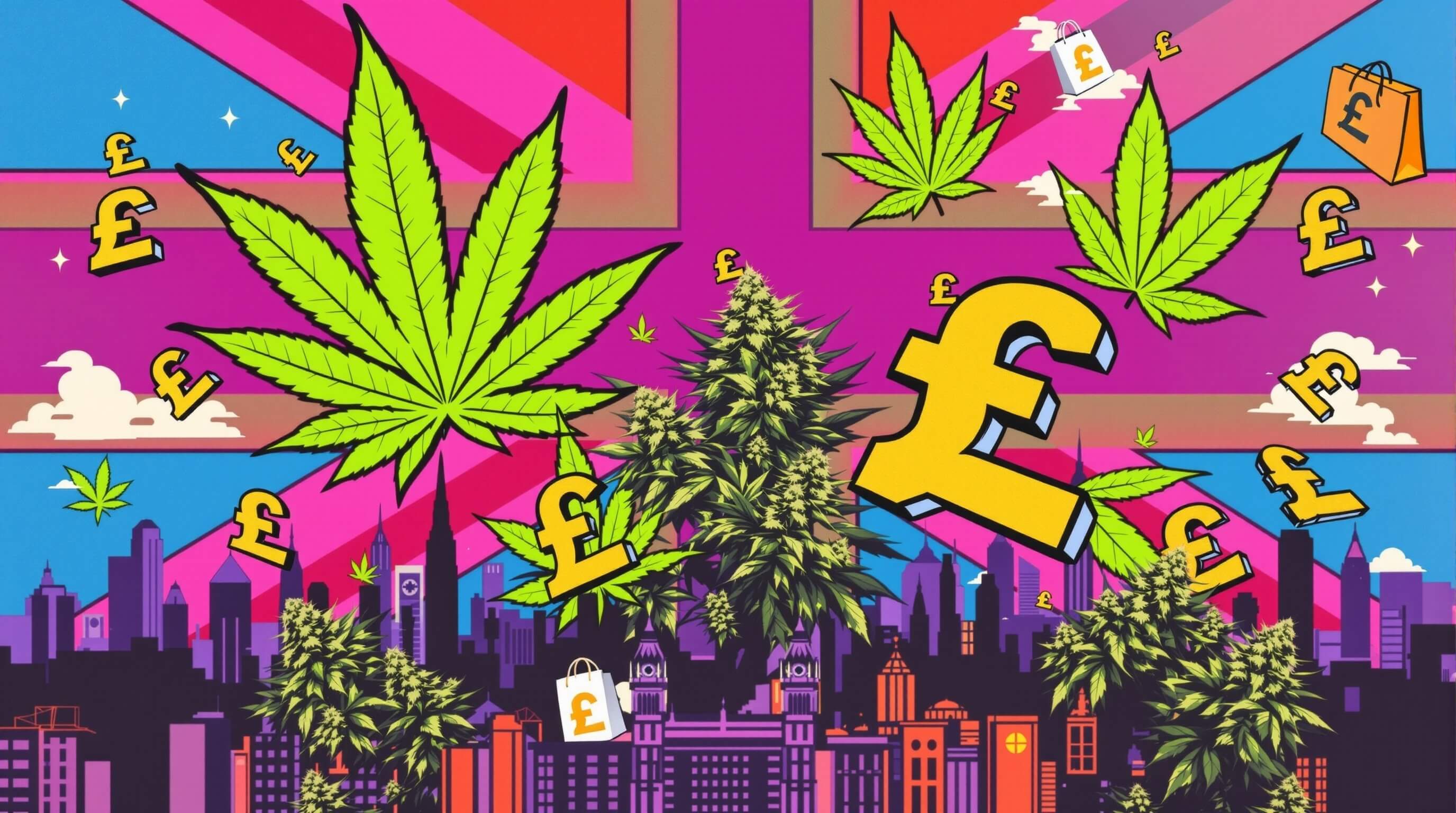Dozens of cannabis brands are abandoning their attempts to work within Meta’s advertising restrictions and discovering that creative workarounds often deliver better results than traditional social media marketing. These companies are finding that Meta’s confusing policy landscape, which allows promotion of non-ingestible CBD products while banning THC content, creates more headaches than opportunities.
Meta’s restrictive cannabis policies are inadvertently driving brands toward more effective, authentic marketing strategies than traditional social media advertising.
The platform’s shadowbanning tactics have forced brands to become digital ninjas. Meta’s algorithm targets specific keywords and cannabis imagery, prompting widespread adoption of coded language and deliberately ambiguous visuals. Companies that master this linguistic dance face remarkably lower suspension rates than those posting obvious product shots.
Smart brands are pivoting toward storytelling and community-building strategies that sidestep restrictions entirely. Educational posts, staff features, and lifestyle content generate genuine engagement without triggering Meta’s enforcement mechanisms. These organic approaches often outperform traditional advertising by fostering deeper customer relationships and word-of-mouth marketing that money can’t buy.
The creative branding game has reached sophisticated levels. Successful cannabis companies use indirect terminology, culturally relevant slang, and abstract imagery to bypass detection systems. They geotag neutral locations, eliminate pricing details, and carefully time posts to minimize algorithmic scrutiny. It’s digital guerrilla warfare with quarterly profit reports.
Meanwhile, alternative platforms are welcoming cannabis brands with open arms. X/Twitter relaxed its cannabis advertising policies, allowing certified advertisers to display packaged products in promotional content. Reddit, Discord, and Telegram serve as engagement hubs where brands can interact authentically with customers without constant moderation threats.
Google’s limited CBD advertising permissions, though restrictive, provide clearer compliance frameworks than Meta’s ever-shifting enforcement patterns. Many brands report that Google’s transparent rules, despite their limitations, enable more predictable marketing strategies than Meta’s inconsistent moderation practices.
The exodus is accelerating as platform policies lag behind rapidly changing state laws. Federal illegality combined with patchwork state regulations creates legal uncertainty that pushes platforms toward over-compliance. Meta’s risk-averse approach often results in blanket bans that affect legitimate businesses operating within state guidelines. Companies are discovering that compliance violations can create cascading business problems beyond social media, potentially scaring away lenders, auditors, and even institutional investors who now require compliance audits during due diligence. Brands must restrict content to adults only to avoid any appearance of targeting minors, which further complicates their social media strategies.
Direct-to-consumer strategies are filling the gap left by social media restrictions. Cannabis brands are building robust email lists, developing branded mobile apps, and creating closed community groups that bypass public feed limitations entirely. These owned media channels provide consistent customer touchpoints without platform dependency.
The irony isn’t lost on industry observers: Meta’s restrictive policies are inadvertently pushing cannabis brands toward more sustainable, community-driven marketing approaches. Companies that once relied heavily on paid social advertising are discovering that authentic engagement and creative content strategies often deliver superior long-term results than traditional digital advertising ever could.









